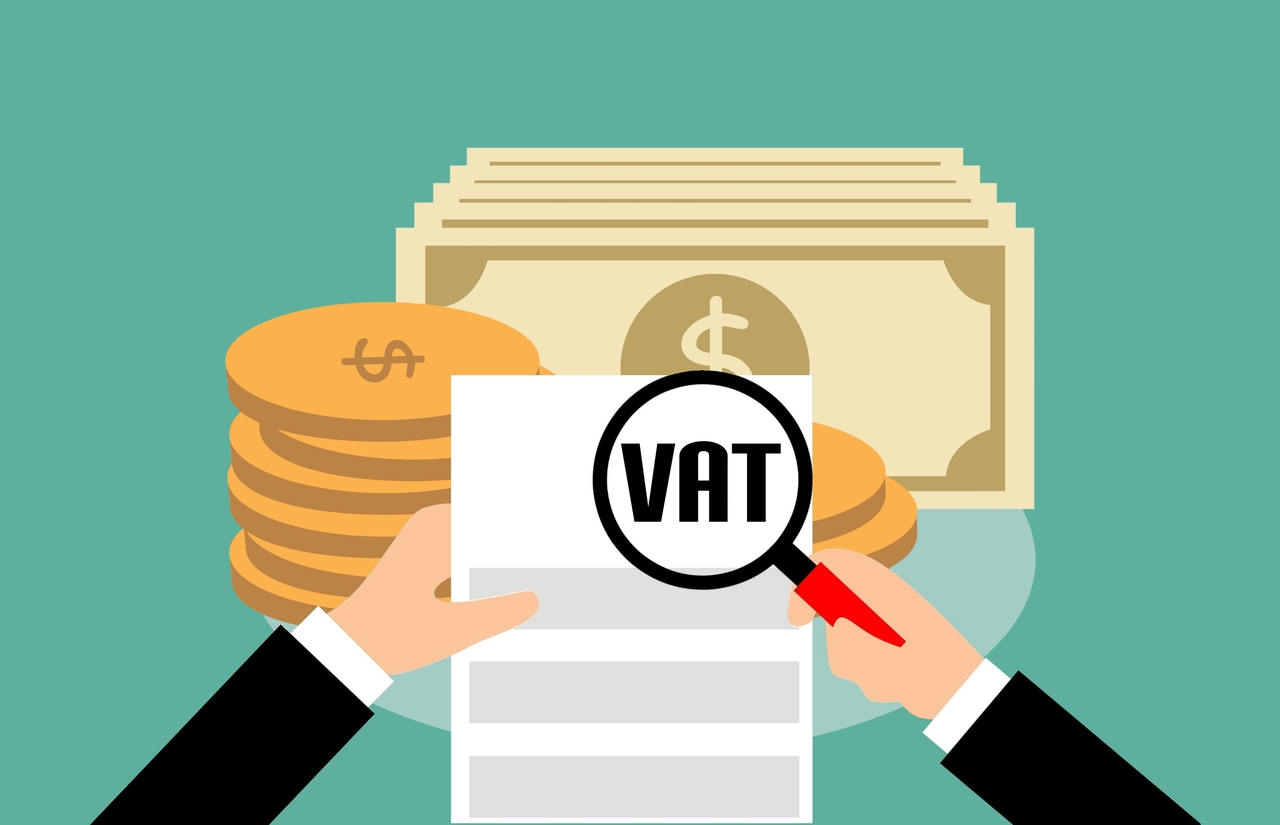
Furnished Holiday Let UK | Airbnb Tax Information
Are You Paying The Correct Rate Of Tax On Your Holiday Let?
How do I qualify as a Furnished Holiday Let for tax purposes? Can I register my holiday let for business rates? Do I have to pay council tax on my holiday let? Do I have to pay income tax or capital gains tax?
Getting your head around the tax system for holiday lets can be tricky at the best of times. However, it’s essential that you make sure you are paying the correct tax rates by assessing whether your property is classified as a ‘Furnished Holiday Let’.
If you qualify, registering as a Furnished Holiday Let is mandatory. So you must familiarise yourself with the most up-to-date tax information.
We are here to help!
All of that might sound a bit intimidating, but it’s quite simple once you get your head around it. Luckily, we are here to help you do just that.
Qualifying As A Furnished Holiday Let For Tax Purposes
A Furnished Holiday Let (FHL) is a holiday home with a unique tax status – somewhere between an ordinary rental property and a business. To qualify, your holiday let must satisfy the following conditions:
- Be available to let for a minimum of 210 days/year.
- Be rented commercially for a minimum of 105 days/year.
- The total of all individual lettings exceeding 31 continuous days must be less than or equal to 155 days.
If you meet these criteria, then you need to register for business rates. To do this you must contact the Valuation Office, fill in this form and send it back to them. They will then provide you with a rateable value (RV) and a reference number.
What are the benefits?
- Apply for small business rates relief – If your property has an RV of £6000 or less (highly likely), you won’t pay anything! The rate of relief then decreases from 100% to 0% for properties with an RV between £6,001 and £12,000. What’s more, from April 2017 the threshold for businesses receiving 100% relief is increasing to £12,000. The tapered relief is also increasing to £12,000 – £15,000.
- Stop Paying Council Tax – As you now qualify as an FHL for tax purposes, you no longer have to pay council tax.
- Get back payments – If you’ve been renting for a while and have met the conditions for an FHL over this time, you can get the application back-dated and claim a refund on council tax.
Are there any downsides?
The main downside of being deregistered for council tax is no longer receiving council refuse collection. This means you must arrange for this privately. However, you will still make a significant saving v.s. paying council tax, and it also solves the problem of waste build-up when guests either forget to take the rubbish out or the property is vacant on collection days.
For Cornwall and Devon, our recommended partner is CTC Waste. They only charge per collection with no fixed contract, and can be cancelled up until the day before so are very flexible, and have their own sorting facilities so guests do not have to separate general and recycling. This is great for foreign guests who are unfamiliar with our recycling systems. On top of this, they are an independent company who are constantly striving to innovate their recycling processes. For example, they crush glass down into sand which is then used to manufacture concrete blocks! More info here.
For other areas, we have other operators we can recommend, so do get in touch if you have a query.
What about income tax?
Any profits made from your FHL will be taxed at the same rate as your income tax. However, any expenses such as maintenance, cleaning costs, mortgage interest or utilities can be deducted. If this results in losses being made, these can be carried forward and used to offset future profits.
What about capital gains tax if I decide to sell?
If you ever decide to sell your property, you will unfortunately have to pay capital gains tax. However, FHLs receive highly favourable rates. The first £11,100 is exempt (per person) but, due to entrepreneurs’ relief, anything above this is taxed at a flat rate of 10%.
That’s the basics…
We hope after reading our article you are feeling a little more informed. If you have any questions, please get in touch with our accounting partner here.